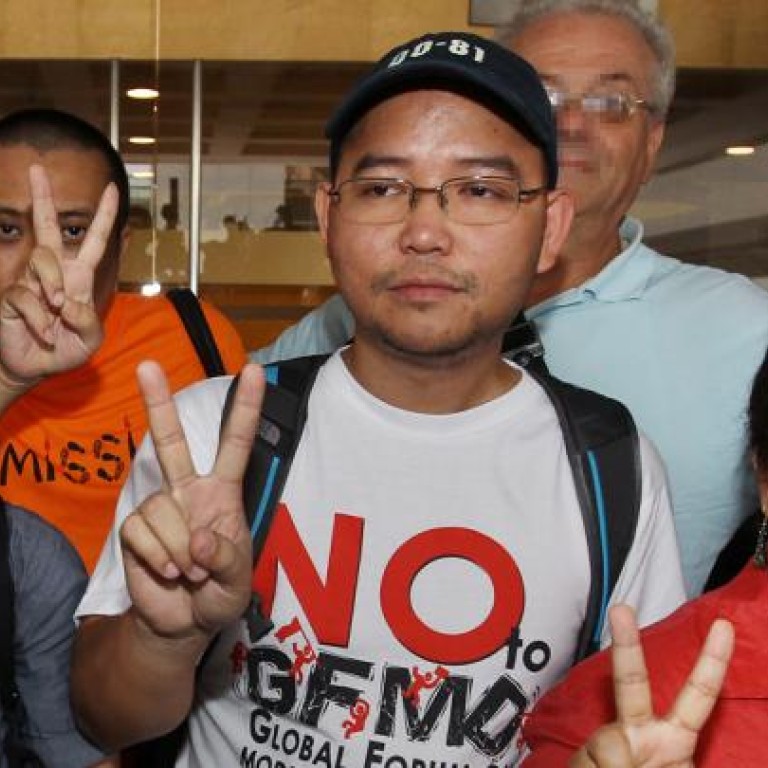
Increase in number of domestic helpers applying for right of abode
The figure represents an increase since a ruling in September 2011 that was later overturned
More than 1,000 foreign domestic helpers have applied for permanent identity cards since a court ruled in September last year that a law preventing them from applying for right of abode was unconstitutional - a decision later overturned by a higher court.
Between the time Filipino helper Evangeline Banao Vallejos won her initial case at the end of September last year and the end of November this year, the Immigration Department received 1,026 applications from domestic helpers, according to figures seen by the .
Between the first ruling and the end of March, when the Court of Appeal overturned the decision, there had been 916 applications.
In other words, before the initial ruling in Vallejos' favour, applications were running at about one a month. Now the Immigration Department receives about 73 a month.
Still, the applicants represent only a fraction of the 125,000 foreign domestic helpers who have lived in Hong Kong for at least seven years - the threshold applicants for permanent residency must meet.
Eman Villanueva, spokesman for Asian Migrants' Co-ordinating Body, said it was "actually a very low figure".
"The 1,000 number shows that the government has been exaggerating that 100,000 migrant workers will flood into Hong Kong," he said.
"There is no truth in saying that half a million migrant workers, their husbands and children will come to Hong Kong.
"Some people may think that the figure is relatively bigger than before the [September] ruling. It is because applications were not even accepted before the ruling. They were denied outright. The increase is a natural result. It's not surprising."
But lawmaker Starry Lee Wai-king, a vice-chairwoman of the Democratic Alliance for the Betterment and Progress of Hong Kong, called it a "significant increase".
"Given the Court of Appeal ruling that overturned the first court decision, many foreign domestic helpers are still adopting a wait-and-see attitude," she said.
"So the 1,000 applications only represent a tiny fraction of foreign domestic helpers who will file applications if they are granted permanent residency after living in Hong Kong for seven years."
On Saturday, the quoted Vallejos' employer, visual artist Barry Ong, as saying that the 60-year-old helper had retired and moved back to the Philippines in fear for her safety given the controversy caused by her case.
Asked if this was true, lawyer Mark Daly, who has been representing Vallejos, said: "We don't have any comment to make but it sounds contrary to the instructions we received from Ms Vallejos. It's the rumour that is bothering us."
Daly stressed that Ong was still Vallejos' employer.
In reply, Ong said Vallejos had retired. She had left Hong Kong for the Philippines and did not plan to return. Her employment contract would expire in April, he said.
